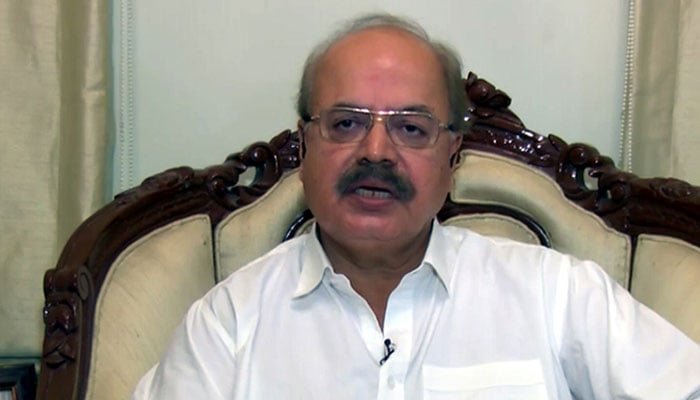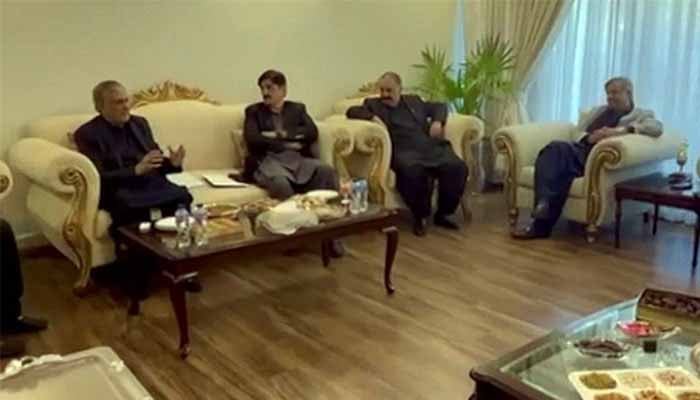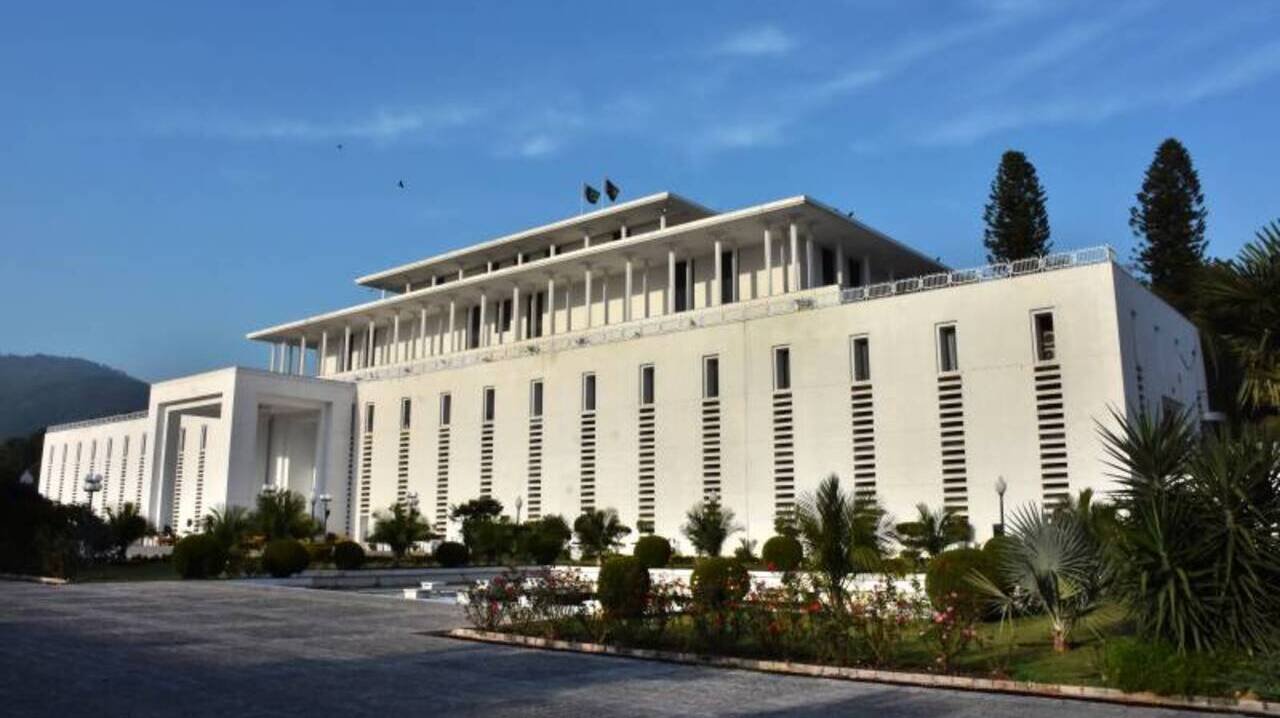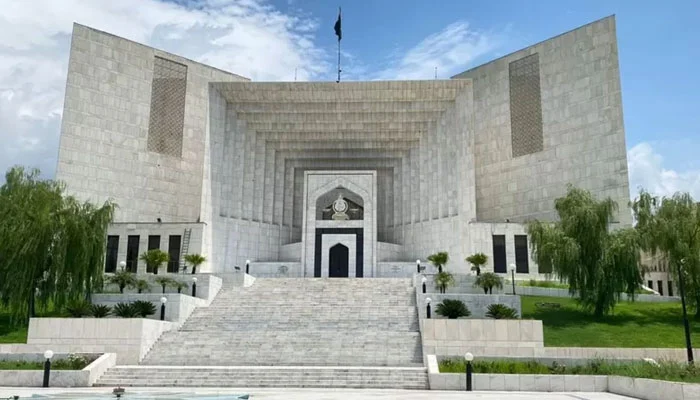Mansoor Wasan, a prominent leader of the Pakistan People’s Party (PPP), recently announced that general elections are set to take place on February 8. In a statement, the former minister conveyed his belief in the scheduled occurrence of elections, asserting that there is no imminent threat to this timeline. This announcement comes at a time when Bilawal Bhutto Zardari’s chances of becoming the Prime Minister are being widely discussed.
Mansoor Wasan confidently declared that the country will witness general elections on February 8, dispelling any concerns about the possibility of a delay or disruption. His statement also indirectly addressed the speculations surrounding Bilawal Bhutto Zardari’s potential ascent to the position of Prime Minister.
The PPP leader noted that, as of now, the dynamics of the elections have favored the founding party of Pakistan Tehreek-e-Insaf (PTI). He expressed skepticism about any single party securing a majority in these circumstances, suggesting that the formation of a coalition government is highly probable. According to Wasan, the prevailing political landscape indicates that whichever party assumes power in the upcoming elections is likely to be a coalition of various political entities.
This forecast aligns with the intricate political landscape in Pakistan, where coalitions and alliances often play a crucial role in the formation of governments. Given the diverse political landscape and the need for broad-based support, coalition governments have become a common feature, reflecting the multiparty nature of Pakistani politics.
While the specific dynamics and alignments of political parties leading up to the elections are yet to unfold, Mansoor Wasan’s statement provides insights into the anticipation and expectations within the political circles of Pakistan. As the country approaches the scheduled election date of February 8, political activities, maneuvering, and alliances are expected to intensify, setting the stage for a potentially transformative electoral process.



